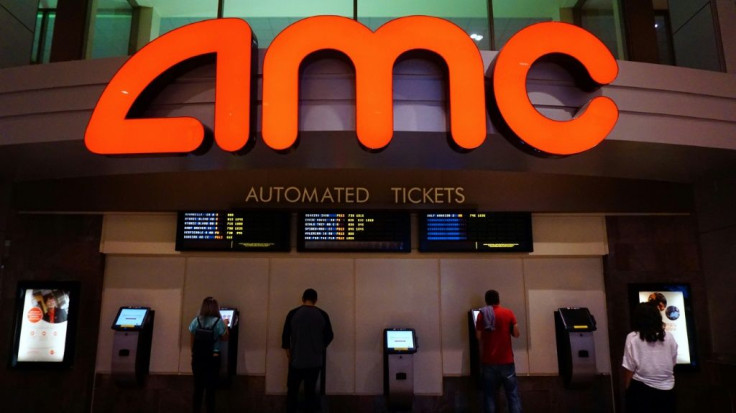Global Film Industry Looking At Losses Worth $5 Billion Due To Coronavirus Outbreak

KEY POINTS
- According to a recent report, the global film industry is facing losses worth $5 billion due to coronavirus
- Analysts believe the number could go up if movie theaters continue to remain shut for more number of days
- "No Time To Die" postponed its release due to the spread of the deadly disease
The threat of coronavirus is getting bigger day after day. Many organizations are being forced to cancel their annual conferences or launch events to prevent the spread of the life-threatening virus. Even the movie industries all around the world are facing the brunt of the deadly disease. According to a recent report, the global movie industry is looking at losses worth $5 billion in the first half of 2020 as a result of the outbreak.
Some analysts believe that the losses could go even higher if the virus continues to spread. Countries like China, South Korea, Japan, Italy, and the U.S. have put bans for large gatherings in various parts of the countries because of the outbreak. More than 70,000 theaters have been shut down in China since the reports of positive cases of the virus started spreading over the country.
Not just China, but South Korea is also one of the biggest markets to feel the heat. An official of the Korea Film Association explained the current situation and told the Hollywood Reporter that the situation is much worse than in 2015 when South Korea saw the spread of Middle East respiratory syndrome coronavirus (MERS).
The insider further revealed that there was a decline in the number of people going to theaters in 2015 but movie theaters were never closed and the market revived after a month.
“[In 2015] the audience dropped more than 40 percent then, but there as no such thing as theater closures and the market revived after about a month. That is not going to be the case with coronavirus. It is very unusual to see a daily admission fall below 100,000. But that is happening now, and the outlook is unpredictable,” the official said.
Meanwhile, one of the officials of Korea’s biggest theater chain, CGV, revealed that the situation is quite similar to 2009 when the country saw 80,000 positive cases of swine flu. As a result, the highly anticipated black-and-white version of Bong Joon-Ho’s “Parasite” has been postponed until the situation gets better.
Italy is facing a similar kind of situation as half of its cinema halls have been shut down because of the rising cases. More than 100 people have died in Italy due to the coronavirus and the country has banned all the conferences and events that were scheduled to happen in the coming weeks. The report suggests that the revenue has gone down by 44% and is expected to be even more if the theaters are forced to be shut down because of the viral disease.
Notable projects like “The Invisible Man,” “Charlie’s Angels,” and “A Beautiful Day In The Neighborhood” will not be released in Italy until further notice. The news comes a few days after the makers of “Mission: Impossible 7” decided to stall the movie’s shooting in Venice.
On the other hand, the release date of the upcoming James Bond movie “No Time To Die” has been pushed back to November 2020 due to the outbreak. As per earlier estimates, the 25th film in the Bond franchise is all set to become the highest-grossing movie of the series to date. But it would be really difficult for the film to accumulate $1 billion or more at the global box office without getting released in China. This is one of the main reasons for the shift in the movie’s release date.
MGM, Universal and Bond producers, Michael G. Wilson and Barbara Broccoli, announced today that after careful consideration and thorough evaluation of the global theatrical marketplace, the release of NO TIME TO DIE will be postponed until November 2020. pic.twitter.com/a9h1RP5OKd
— James Bond (@007) March 4, 2020
Apart from "No Time To Die," the movies that were nominated at the Oscars earlier this year — "Jojo Rabbit," "1919," and "Little Women" — are also finding it difficult to get a release date in China.
The case of coronavirus has reached 93,000 globally and more than 3,200 people have died because of the disease.
© Copyright IBTimes 2024. All rights reserved.





















